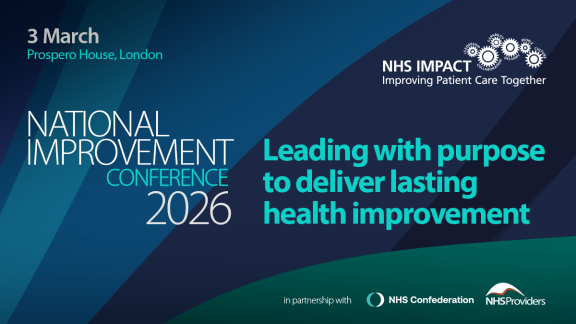CCG lessons and legacy for ICSs

As ICSs are soon to be statutory, Amanda Sullivan examines the breadth of learning from CCGs that can inform ICSs’ development and influence their success.
ICSs are complex adaptive systems. Their impact on population health will depend on the interactions within systems, not just aggregating their component parts. Some (but not all) of the interactions that will change are between commissioners and providers and between commissioners across different sectors.
A unique opportunity
We have a unique opportunity to reposition the NHS alongside other public services
Currently, CCGs plan, allocate and secure (commission) resources for care provision. They also act as local watchdogs for service quality and NHS standards. Pending legislation, these duties along with some new ones will transfer to ICBs. But they will be executed very differently and in a different context. Functional boundaries and requirements will be re-set. NHS organisations will need to work collaboratively as a family and be active partners in tackling the wider determinants of health, social justice and economic development. We will also have a duty of integration. We have a unique opportunity to reposition the NHS alongside other public services, moving from being a treatment service to become a more rounded health promoter, treatment service and civic partner.
Behind the scenes, CCGs navigate very complex stakeholder environments with competing demands for financial allocations and a myriad of different perspectives, priorities and commentaries. Allocative decisions are often complex trade-offs between feasibility, politics, evidence, regulation, policy, affordability, workforce skills and citizens’ views. CCGs have made inroads in integrating care at place-level. CCGs also do invaluable brokerage, public protection, safeguarding, community engagement and medicines optimisation, among many other things. This will also be true for ICBs.
The CCG legacy
So what is the CCG legacy that we should build on to make our complex adaptive systems succeed? Whatever your view of CCGs, they have made things happen that set the stage for ICSs. Primary care leaders are now at the forefront of clinical pathway development and clinical stewardship. GPs now work together in groups (PCNs) and are expanding their networks with other professions and community organisations. Many CCGs were instrumental in shaping new care models (Vanguards), leaving integrated community teams, care home enhanced support, population risk stratification and proactive care models in their wake.
CCGs have also implemented the Better Care Fund and pooled funding arrangements alongside local authorities. They have had a role in developing joint strategic needs assessments (although variable) and aligning plans with health and wellbeing boards. These mechanisms already enable joint health and care planning and prioritisation and provide a sound footing for integrated care partnerships. CCGs have a population focus and orientation because they are responsible for securing health services across populations with widespread needs of the NHS as a whole. This is very distinct from, and sometimes at odds with, an organisational or clinical specialty focus. This orientation and foundation should now be stretched into new capabilities and ways of working. Population health management, targeted developments that address the wider determinants of health, and impacts on long-standing health inequalities will become core business for the ICBs.
Doing our collective best
If we get it right, ICBs won’t make difficult allocative or configuration decisions without whole-system ownership and development – they will be made in partnership with communities and trade-offs will be needed.
This is not about shifting power bases, it is about doing our collective best for the populations we serve and marshalling our collective resources to that end
There will also be a more effective distribution of decision-making within communities, neighbourhoods, places and systems, based on requirements for population sensitivity versus standardisation, relationships required for execution, capabilities and critical mass. This is not about shifting power bases, it is about doing our collective best for the populations we serve and marshalling our collective resources to that end.
Decisions and actions that unlock improvements in health outcomes and inequalities will require a collegiate respect of different perspectives and expertise: epidemiological, public health, clinical, political, system, operational and citizen views. Under the current legislation, procurement competition, silo operating and misaligned incentives can result in the NHS family operating with parent-child relationships and sibling rivalries. We now have a once-in-a-generation opportunity to build on the developing collaborations in neighbourhoods, places and systems, to operate as a true NHS family and as close cousins of local government, voluntary, civic, community and other public services.
Amanda Sullivan is designate chief executive for the Nottingham and Nottinghamshire ICB



